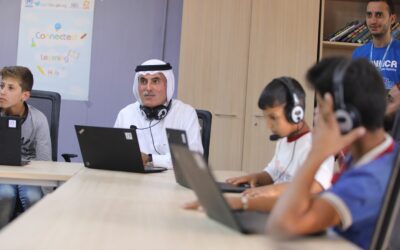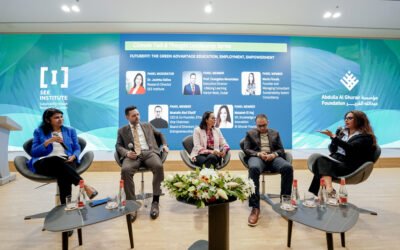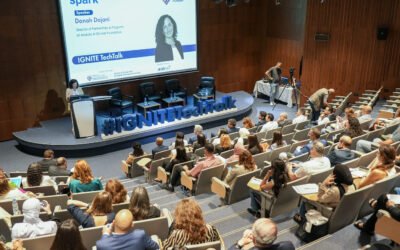Roundtable on Refugee Education: Meeting Our Promises on Refugee Education During Covid-19
In recognition of the significant impact that COVID-19 has had on education for refugees, Save the Children, Education Cannot Wait, the World Bank and the Abdulla Al Ghurair Foundation for Education co-hosted a high-level, virtual roundtable to discuss key experiences, learnings and promising practices that have emerged while responding to refugee education needs during the pandemic. The event, held in September 2020, was attended by donors, including multilateral organisations, philanthropists, and foundations, as well as NGOs and other partners.
Globally, COVID-19 has caused disruption to education on an unprecedented scale. While children in every country have struggled with continuing their education, COVID-19 has presented a significant threat to refugee education worldwide. Refugee children and youth are particularly disadvantaged due to ongoing exclusion in many national education systems and they may not have been included in the COVID-19 response.
Considering this situation, the roundtable discussion focussed on two key themes:
- Adapting financing mechanisms for refugee education; and
- Adapting education approaches to distance learning and ensuring that other school services (e.g. school meals, Water, Sanitation, and Hygiene (WASH) and Mental Health and Psychosocial Support (MHPSS) are continued.
This paper synthesises eight key learnings and promising practices shared by participants both during the roundtable and through written contributions submitted prior to the event. In sharing these learnings and recommendations, roundtable participants hope to assist refugee and host community education actors – from donors, host governments, and global organisations through to implementing partners at the international, national and local level – to better respond to children’s learning and wellbeing needs during this pandemic and in the face of future pandemics.
Written by Claire Mason with support from Emma Wagner, Salma Wehbe, Danah Dajani and Samar Farah.
Download the full Outcome Paper



